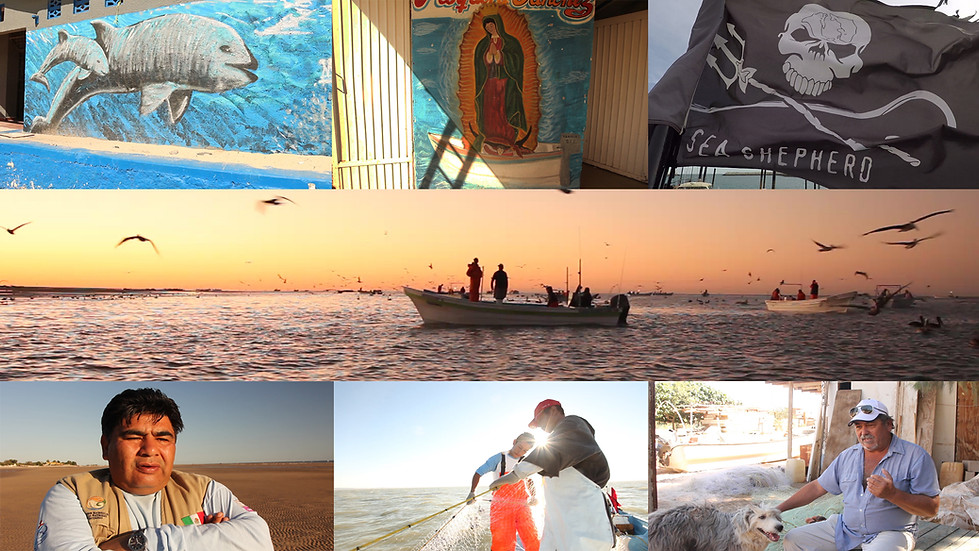Single Species Conservation
I'm a paragraph. Click here to add your own text and edit me.
I'm a paragraph. Click here to add your own text and edit me. It’s easy. Just click “Edit Text” or double click me to add your own content and make changes to the font. Feel free to drag and drop me anywhere you like on your page. I’m a great place for you to tell a story and let your users know a little more about you.
This is a great space to write long text about your company and your services. You can use this space to go into a little more detail about your company. Talk about your team and what services you provide. Tell your visitors the story of how you came up with the idea for your business and what makes you different from your competitors. Make your company stand out and show your visitors who you are.
Fishing and Conservation:
Conflict in the Gulf of California

CONTRADICTORY PERSPECTIVES
While there is general agreement among some policy makers and conservation advocates that fishing practices are the core problem, actual empirical research on the impacts of fishing on the vaquita is scarce and did not play a significant role in the vaquita program’s design.
For the inhabitants of San Felipe, Santa Clara, and Puerto Peñasco, the aggressive and sweeping nature of the new regulatory regime signifies exclusion from traditional livelihoods based on marine resources, an increase in poverty, including a decline in health and nutrition, and an increase in physical, emotional and mental illness. Quite simply, fishing is the only viable economic activity in a desert region where domestic tourism is limited to Easter week and international tourism is scant and unpredictable.
For the more than 3,000 small-scale fishers whose gillnet mode of fishing has been identified by those implementing the program as the key threat to vaquita survival, the PACE-Vaquita program has no legitimacy, as it fails to acknowledge other factors than impact the ecology of the delta and the flora and fauna that depend on it, including the vaquita.
FISHING COMMUNITY LEADERS

THE SCIENTISTS



SCIENTISTS



MEXICAN OFFICIALS

